|
I am a PhD student at CMU, fortunately advised by Prof. Kun Zhang. I am part of the CMU-CLeaR group. Before that, I obtained my bachelor's degree from UESTC in 2021, and spent time at UC Berkeley, NLPR, and EPFL. My research interests lie primarily in the linear span of causality and machine learning. Currently, I mainly study the following topics: causal discovery, causal representation learning, and structure learning. I am also interested in deep learning from a causal view. |

|
|
|
|
|
Causal-learn is an open-source Python package for causal discovery. It offers the implementations of up-to-date causal discovery methods as well as simple and intuitive APIs. Causal-learn is contributed by several groups and I am the lead coordinator. This project is under active development, and any comments or suggestions are welcome. |
|
|
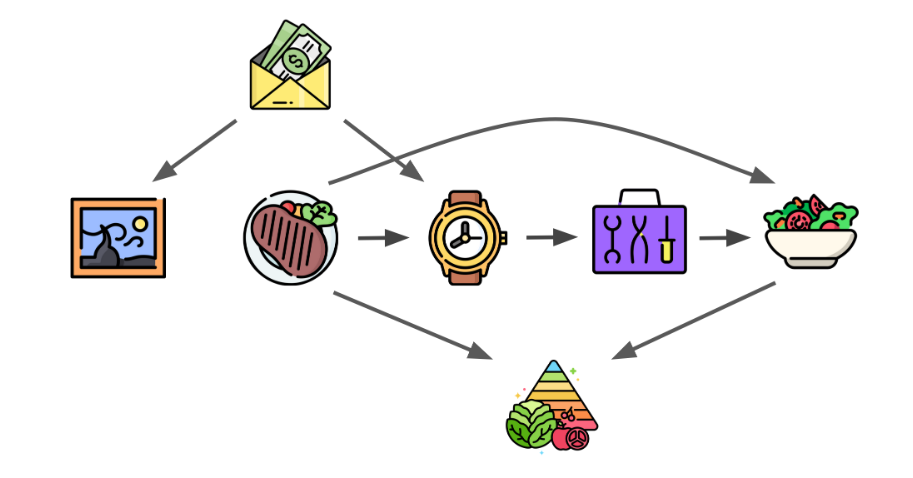
|
Detecting and Identifying Selection Structure in Sequential Data
Yujia Zheng, Zeyu Tang, Yiwen Qiu, Bernhard Schölkopf, Kun Zhang ICML 2024, arXiv We establish a set of identifiability results for selection structure in sequential data without any parametric assumptions or interventional experiments. |
|
|
Causal Representation Learning from Multiple Distributions: A General Setting
Kun Zhang, Shaoan Xie, Ignavier Ng, Yujia Zheng ICML 2024, arxiv We explore a general, completely nonparametric setting of causal representation learning from multiple distributions (arising from heterogeneous data or nonstationary time series), without assuming hard interventions behind distribution changes. |
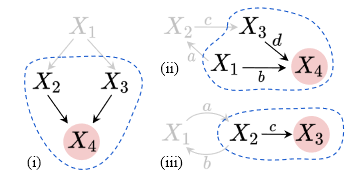
|
Local Causal Discovery with Linear non-Gaussian Cyclic Models
Haoyue Dai*, Ignavier Ng*, Yujia Zheng, Zhengqing Gao, Kun Zhang AISTATS 2024, arXiv We present a general, unified local causal discovery method with linear non-Gaussian models, whether they are cyclic or acyclic. |

|
A Versatile Causal Discovery Framework to Allow Causally-Related Hidden Variables
Xinshuai Dong*, Biwei Huang*, Ignavier Ng, Xiangchen Song, Yujia Zheng, Songyao Jin, Roberto Legaspi, Peter Spirtes, Kun Zhang ICLR 2024, arXiv We develop a Rank-based Latent Causal Discovery algorithm, RLCD, that can efficiently locate hidden variables, determine their cardinalities, and discover the entire causal structure over both measured and hidden ones. |
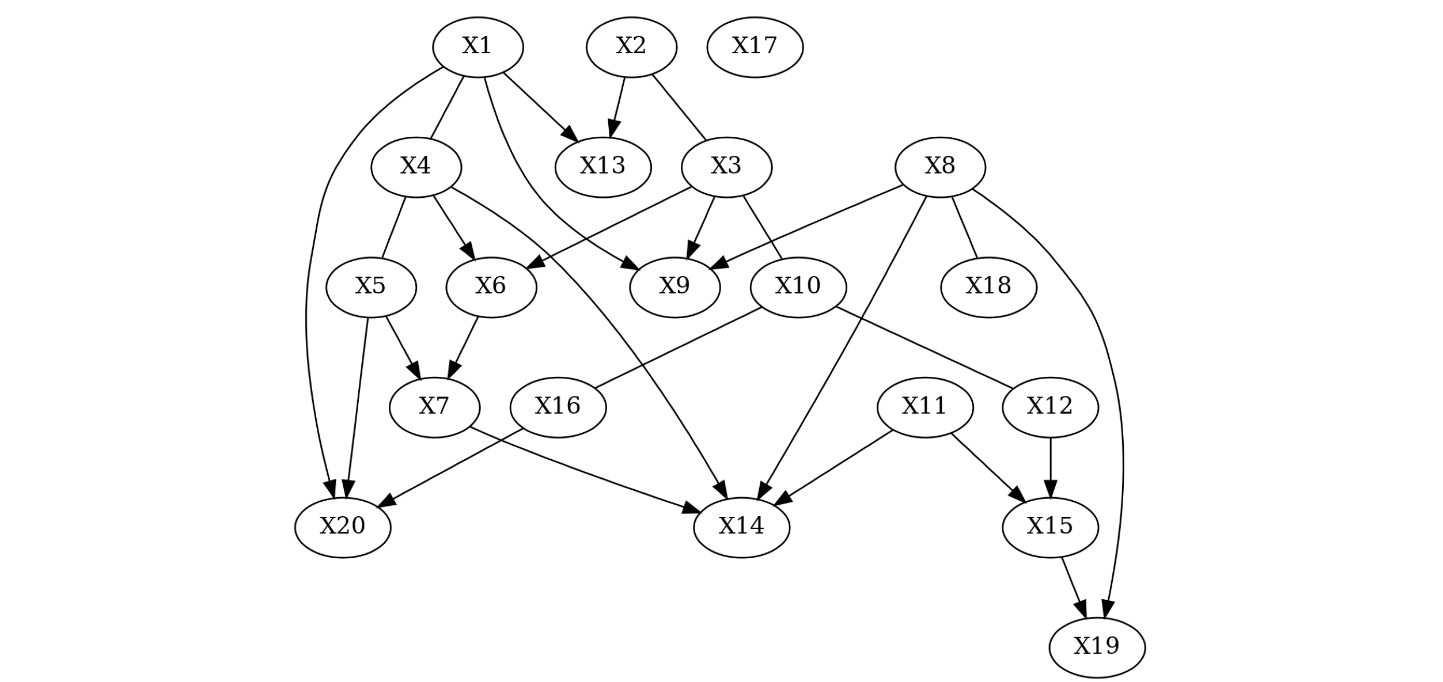
|
Causal-learn: Causal Discovery in Python
Yujia Zheng, Biwei Huang, Wei Chen, Joseph Ramsey, Mingming Gong, Ruichu Cai, Shohei Shimizu, Peter Spirtes, Kun Zhang JMLR, 2024, link We introduce causal-learn, an open-source Python library for causal discovery. We also briefly summarize different categories of methods in causal discovery and their use cases. |
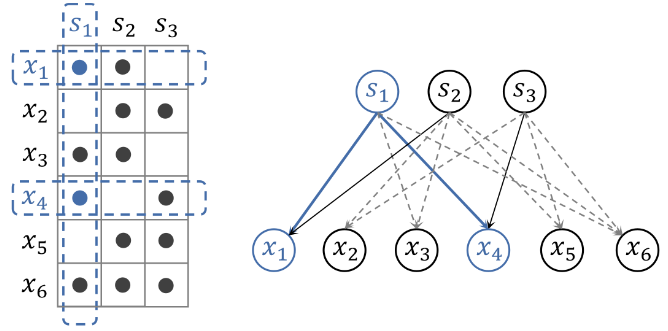
|
Generalizing Nonlinear ICA Beyond Structural Sparsity
Yujia Zheng, Kun Zhang NeurIPS 2023, Oral (AR: 0.6%), arXiv We establish a set of new identifiability results of nonlinear ICA in the general settings of undercompleteness, partial sparsity and source dependence, and flexible grouping structures. |
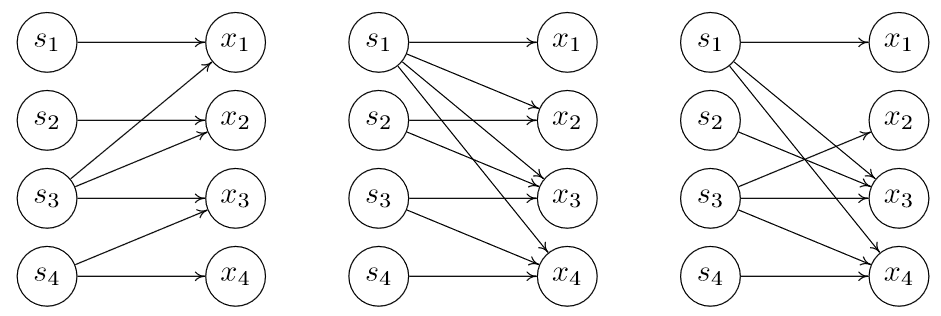
|
On the Identifiability of Sparse ICA without Assuming Non-Gaussianity
Ignavier Ng*, Yujia Zheng*, Xinshuai Dong, Kun Zhang NeurIPS 2023, link We develop an identifiability theory that relies on second-order statistics without imposing further preconditions on the distribution of sources, by introducing novel assumptions on the connective structure from sources to observed variables. |
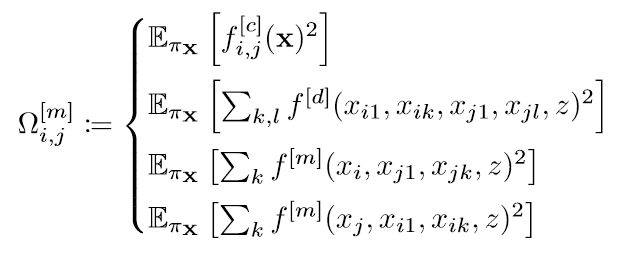
|
Generalized Precision Matrix for Scalable Estimation of Nonparametric Markov Networks
Yujia Zheng, Ignavier Ng, Yewen Fan, Kun Zhang ICLR 2023, arXiv We generalize the characterization of the conditional independence structure to handle general distributions for all data types, thus giving rise to a Markov network structure learning algorithm in one of the most general settings. |

|
On the Identifiability of Nonlinear ICA: Sparsity and Beyond
Yujia Zheng, Ignavier Ng, Kun Zhang NeurIPS 2022, arXiv We prove the identifiability of nonlinear ICA with assumptions only on the mixing process, such as Structural Sparsity. |
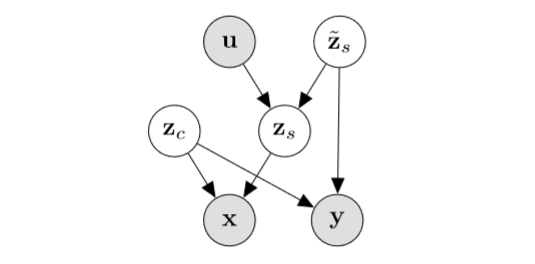
|
Partial Identifiability for Domain Adaptation
Lingjing Kong, Shaoan Xie, Weiran Yao, Yujia Zheng, Guangyi Chen, Petar Stojanov, Victor Akinwande, Kun Zhang ICML 2022, Spotlight, arXiv We show that under reasonable assumptions on the data generating process, as well as leveraging the principle of minimality, we can obtain partial identifiability of the changing and invariant parts of the generating process. |

|
Reliable Causal Discovery with Improved Exact Search and Weaker Assumptions
Ignavier Ng, Yujia Zheng, Jiji Zhang, Kun Zhang NeurIPS 2021, arXiv We introduce several strategies to improve the scalability of exact score-based methods in the linear Gaussian setting with theoretical guarantees under weaker assumptions. |
|
|
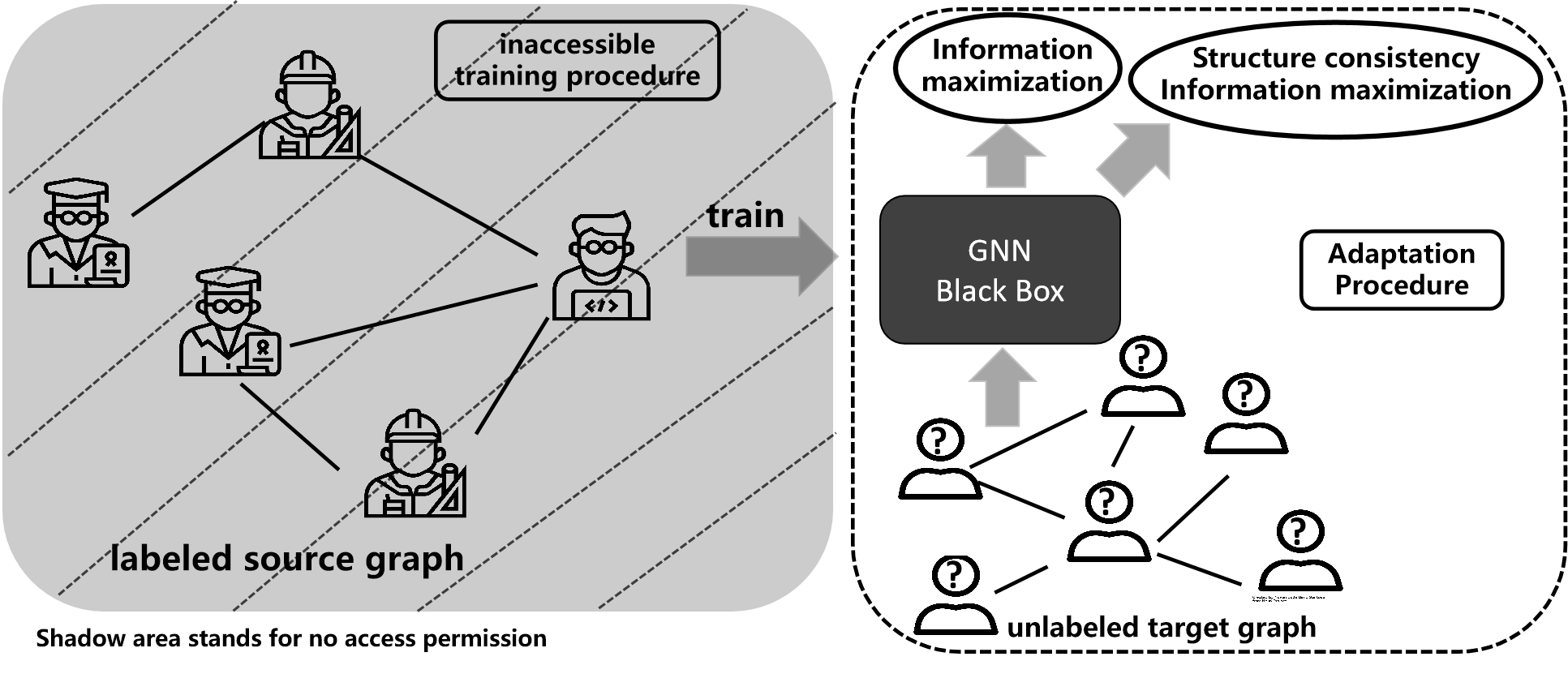
|
Source Free Unsupervised Graph Domain Adaptation
Haitao Mao, Lun Du, Yujia Zheng, Qiang Fu, Zelin Li, Xu Chen, Shi Han, Dongmei Zhang WSDM 2024, Best Paper Award (Honorable Mention), arXiv We propose a new scenario named source free unsupervised graph domain adaptation. In this scenario, the only information we can leverage from the source domain is the well-trained source model, without any exposure to the source graph and its labels. |

|
Whole Page Unbiased Learning to Rank
Haitao Mao, Lixin Zou, Yujia Zheng, Jiliang Tang, Xiaokai Chu, Jiashu Zhao, Dawei Yin TheWebConf 2024, Oral, arXiv We introduce a new task, namely whole-page unbiased learning to rank, and propose a novel framework to automatically discover and mitigate the biases in an end-to-end manner. |

|
Deep DAG Learning of Effective Brain Connectivity for fMRI Analysis
Yue Yu, Xuan Kan, Hejie Cui, Ran Xu, Yujia Zheng, Xiangchen Song, Yanqiao Zhu, Kun Zhang, Razieh Nabi, Ying Guo, Chao Zhang, Carl Yang ISBI 2023, Link We propose a brain network generation approach via modeling the connections among ROIs as DAGs to identify effective brain connectivities and predict the target in an end-to-end manner. |

|
Learning Task-Aware Effective Brain Connectivity for fMRI Analysis with Graph Neural Networks
Yue Yu, Xuan Kan, Hejie Cui, Ran Xu, Yujia Zheng, Xiangchen Song, Yanqiao Zhu, Kun Zhang, Razieh Nabi, Ying Guo, Chao Zhang, Carl Yang IEEE BigData 2022 BrainNN, arXiv We propose an end-to-end framework based on task-aware brain connectivity DAG structure generation for fMRI analysis. |

|
Learning Elastic Embeddings for Customizing On-Device Recommenders
Tong Chen, Hongzhi Yin, Yujia Zheng, Zi Huang, Yang Wang, Meng Wang KDD 2021, Oral, arXiv We present a novel lightweight recommendation paradigm that allows a well-trained recommender to be customized for arbitrary device-specific memory constraints without retraining. |

|
Cold-start Sequential Recommendation via Meta Learner
Yujia Zheng, Siyi Liu, Zekun Li, Shu Wu AAAI 2021, arXiv We explore meta-learning to alleviate cold-start problem without any kind of side information. |
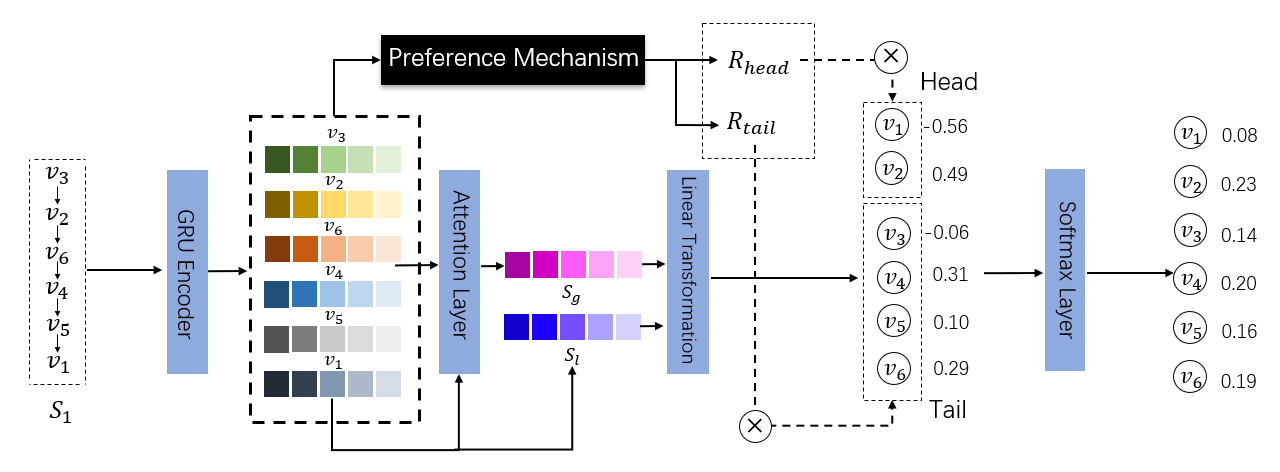
|
Long-tail Session-based Recommendation
Siyi Liu, Yujia Zheng RecSys 2020, arXiv We introduce Long-tail Recommendation into Session-based Recommendation. |
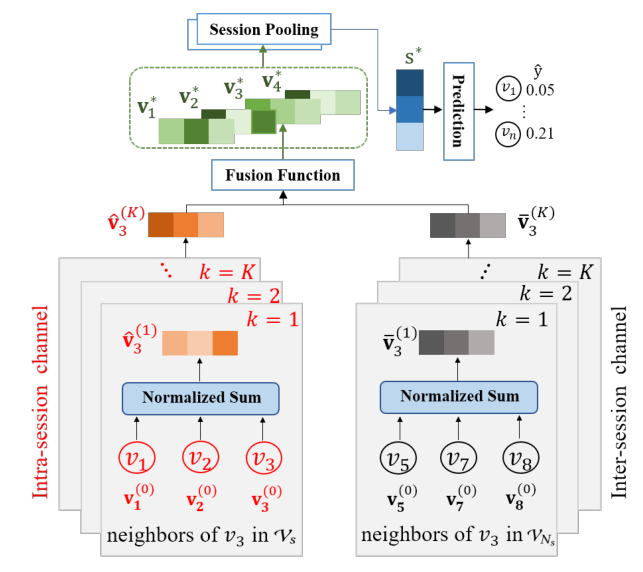
|
DGTN: Dual-channel Graph Transition Network for Session-based Recommendation
Yujia Zheng, Siyi Liu, Zekun Li, Shu Wu ICDM 2020 NeuRec, Long Presentation, arXiv We model the cross-session transitions via a channel-aware graph neural network. |

|
ADS: Multimedia Dance Video Automatic Scoring Framework Based on Transfer Learning
Yujia Zheng ACAI 2020, Link We propose a multimedia dance video automatic scoring framework. |
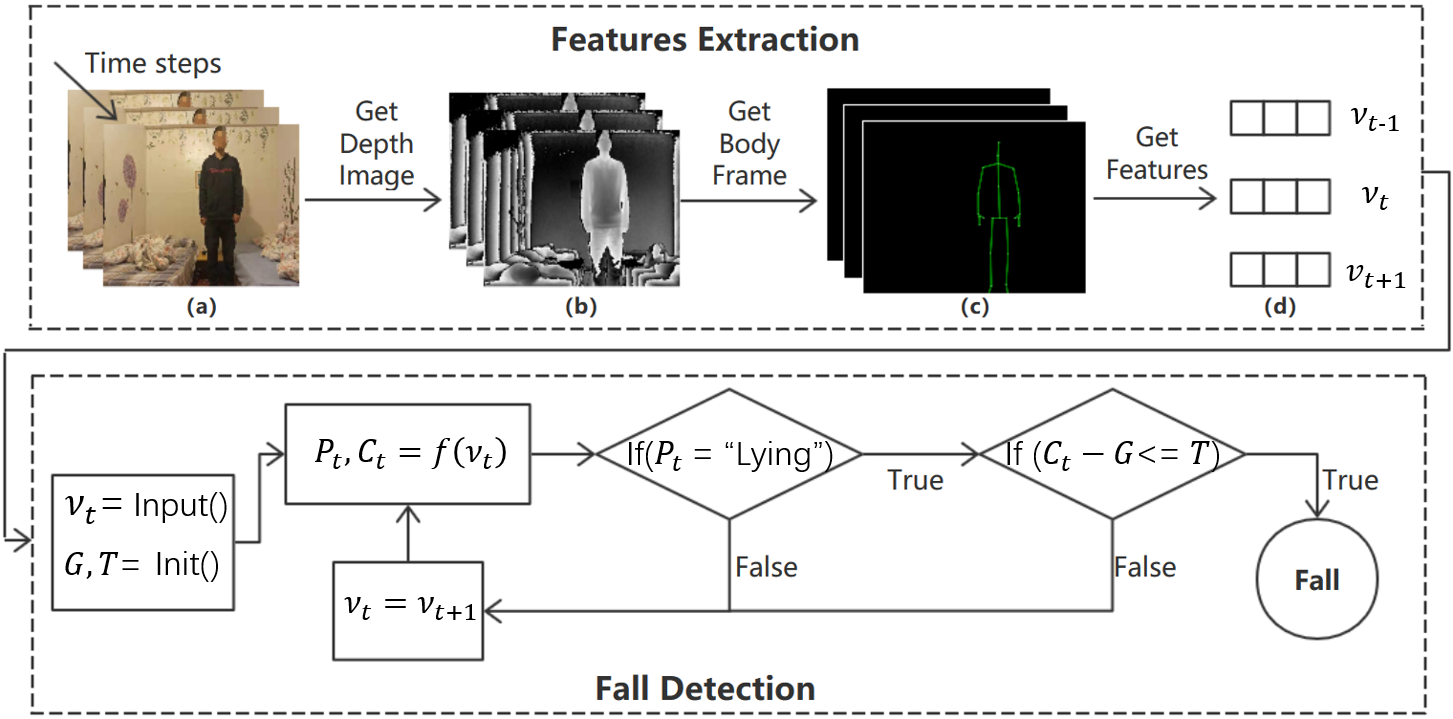
|
ReFall: Real-time Fall Detection of Continuous Depth Maps with RFD-Net
Yujia Zheng, Siyi Liu, Zairong Wang, Yunbo Rao IGTA 2019, Link We propose a real-time fall detection method for the elderly. |
|
|

|
Cloud Atlas: Efficient Fault Localization for Cloud Systems using Language Models and Causal Insight
Zhiqiang Xie, Yujia Zheng, Lizi Ottens, Kun Zhang, Christos Kozyrakis, Jonathan Mace Under review, arXiv We present Atlas, a tool that uses large language models (LLMs) to automate the understanding and processing of unstructured semantic information into the causal construction process, and evaluate it across a range of fault localization scenarios for cloud systems. |
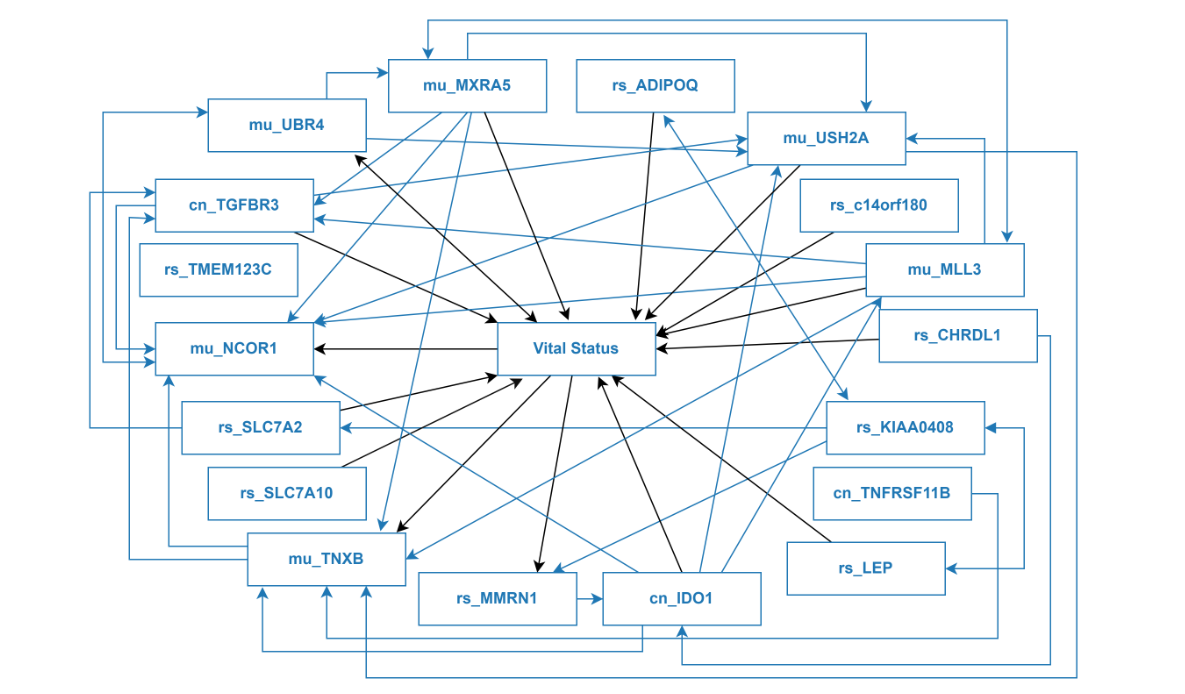
|
Understanding Breast Cancer Survival: Using Causality and Language Models on Multi-omics Data
Mugariya Farooq*, Shahad Hardan*, Aigerim Zhumbhayeva, Yujia Zheng, Preslav Nakov, Kun Zhang Under review, arXiv We investigate how various perturbations in the genome can affect the survival of patients diagnosed with breast cancer with causal principles. |
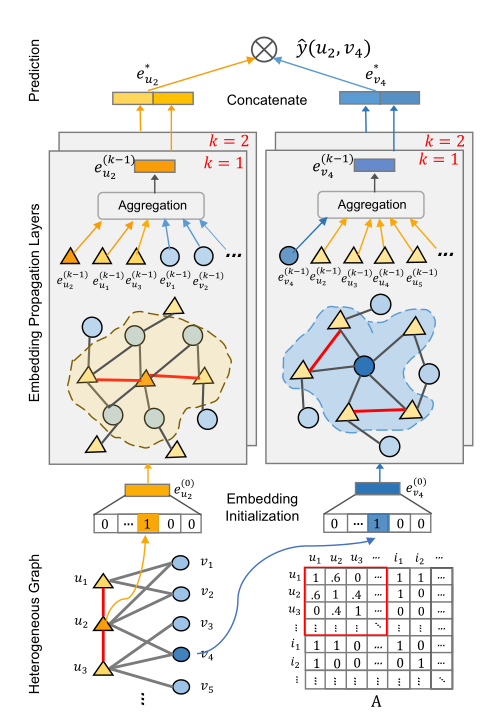
|
Heterogenous Graph Collaborative Filtering
Zekun Li*, Yujia Zheng*, Shu Wu, Xiaoyu Zhang, Liang Wang Preprint, arXiv We model user-item interactions as a heterogeneous graph which consists of various edge types. |

|
Balancing Multi-level Interactions for Session-based Recommendation
Yujia Zheng*, Siyi Liu*, Zailei Zhou Preprint, arXiv We introduce Inter-session Item-level Interactions into Session-based Recommendation. |
|
Publicity Chair of the 38th Conference on Uncertainty in Artificial Intelligence (UAI 2022). Local Arrangements Chair of the 39th Conference on Uncertainty in Artificial Intelligence (UAI 2023). |
|
International Conference on Learning Representations (ICLR), Tiny Papers Track. |
|
Neural Information Processing Systems (NeurIPS). International Conference on Machine Learning (ICML). International Conference on Learning Representations (ICLR). Uncertainty in Artificial Intelligence (UAI). International Conference on Artificial Intelligence and Statistics (AISTATS). Causal Learning and Reasoning (CLeaR). International Joint Conference on Artificial Intelligence (IJCAI). AAAI Conference on Artificial Intelligence (AAAI). The IEEE / CVF Computer Vision and Pattern Recognition Conference (CVPR). Empirical Methods in Natural Language Processing (EMNLP). The ACM SIGKDD Conference on Knowledge Discovery and Data Mining (KDD). The ACM Web Conference (TheWebConf ). The ACM Web Search and Data Mining Conference (WSDM). European Conference on Machine Learning and Principles and Practice of Knowledge Discovery in Databases (ECML PKDD). Learning on Graphs Conference (LoG). Pacific-Asia Conference on Knowledge Discovery and Data Mining (PAKDD). SIAM International Conference on Data Mining (SDM) The International AAAI Conference on Web and Social Media (ICWSM). Transactions on Machine Learning Research (TMLR). IEEE Transactions on Pattern Analysis and Machine Intelligence (TPAMI). IEEE Transactions on Knowledge and Data Engineering (TKDE). IEEE Transactions on Neural Networks and Learning Systems (TNNLS). IEEE Transactions on Big Data (TBD). IEEE Transactions on Information Systems (TOIS). |
|
WSDM 2024 Best Paper Award (Honorable Mention). Two Sigma PhD Fellowship Finalist. NeurIPS 2023 Scholar Award. Member of the final winning team in the NeurIPS 2022 CausalML Challenge. Ranked the 1st in the competition (the 1st, 1st, 1st, and 2nd, in the four tasks, respectively). Member of the winning team in the Cancer Immunotherapy Grand Challenge. Ranked 9/972 in Challenge 2: proposing novel gene knockouts to maximize T cells' cancer-fighting capabilities. NeurIPS 2022 Scholar Award. NeurIPS 2022 Top Reviewer. Summer Research Fellowship at EPFL (<2%). Top 1% in multiple data competitions. Tang Lixin Scholarship. |
|
This awesome template is from here. Updated: 2023/7 |